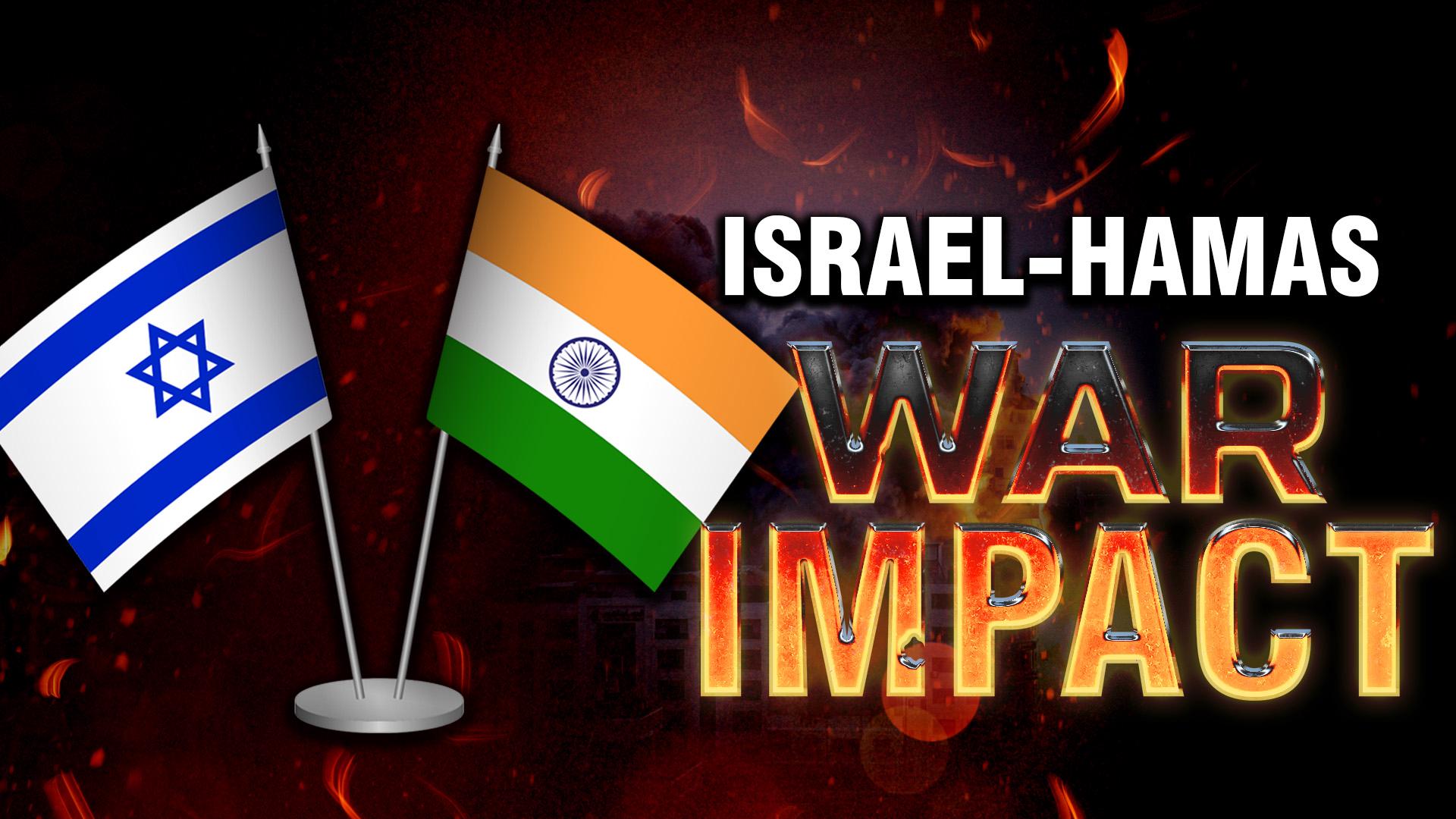Abstract
Since 2020, the world has suffered through various global shocks including the COVID-19 pandemic, conflicts between Russia and Ukraine, and disturbance in the Middle East due to conflict between Israel and Hamas, leading to shipping and trade crises. In the case of Israel-Hamas, it’s a country fighting a non-state militant group that is a recognized terrorist organisation i.e. Hamas. With the world being polarised, this has fetched conflict of interest of regional powers, and geopolitical ambitions into it and has made the power balance of West Asia fragile. The mass killing of Palestinians by the Israel Defence Force (IDF) has generated anger among pro-Islamist terrorist organisations (like Al-Qaeda and Islamic State). There emerges the risk of terrorist radicalization, violence, and killing of innocent people across the world. With India and Israel growing a sturdy bond over the years and the former standing in solidarity with the latter over the Hamas conflict and condemning any form of terrorism, India is at a high risk of growing radical terrorist activity within the country including brainwashing of the youth via misinformation which can pose an immediate threat to national security. The paper analyses the possible impact of the Israel- Hamas conflict on Indian society, India’s global stance on the issue, increasing terrorist radicalization, and measures to mitigate and avoid threats to the national security of India.
Keywords – Terrorist Radicalization in India, Propaganda Tactics, Security Challenges, Israel-Hamas War, Vigilant Domestic Policies.
Introduction
In 2021, when the world had just started to heal from the COVID-19 pandemic, there was no hint that any other conflict would escalate. Thrashing this belief, Russia invaded Ukraine in Feb 2022, dividing the world again into the Global West vs Global East. Following this, another global shock came on 7th October 2023 when Hamas, a militant group, launched a surprise attack on Israel, killing mostly civilians, and holding a few as hostages. Statements across the world showed support for Israel, standing in solidarity with Israel against terrorism. There was a wave of anti-Islamic sentiments and criticism of Hama’s acts of violence, and brutalities across the world. Israel responded by launching an incursion into the Gaza Strip and declared that it would not rest until it had destroyed Hamas. Till February 29th , the launch has more than 30,000, mostly civilians. This has partially shifted the world stance from pro-Israel to being hesitant to support Israel. Israel’s biggest ally, the United States, even faced domestic backlash on the streets of the USA, demanding immediate cease to human rights violations of people of Palestine.
There have been protests around the world and a stern rise in antisemitism. Israel’s actions have greatly wounded pro-Islamic states in West Asia. Islamic terrorist and militant groups have held Israel’s action as an aim to eradicate Islam from its region, which has unleashed a rise in radical terrorist activities as the war takes a religious cause. India, which has been a victim of terrorist attacks since its inception, has supported Israel initially. Later, India also voted for a ceasefire keeping in view the collateral damage and human rights violations. With a diverse population and safeguarding its national interest, India has tried to balance between interest and values in this ongoing conflict. With an increase in radicalization and growing sympathies for Palestine, it is vulnerable to the terrorist radical activities that may hamper its national security. Can India stay away from any casualties, while maintaining its stand on the conflict is a test of time?
Click Here To Download The Paper

📌Analysis of Bills and Acts
📌 Summary of Reports from Government Agencies
📌 Analysis of Election Manifestos

